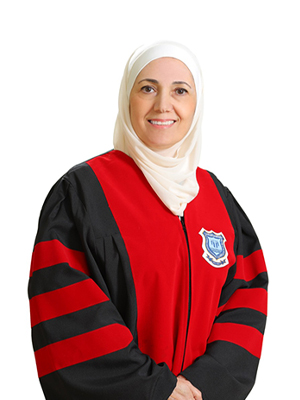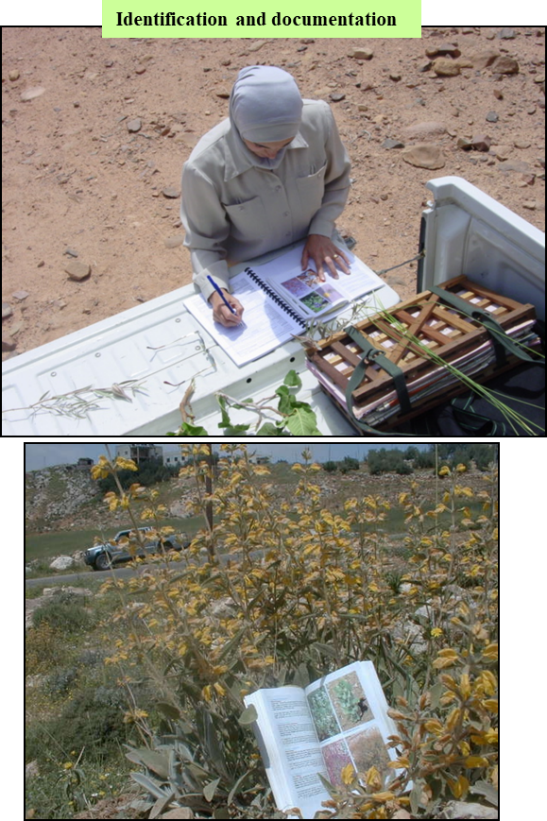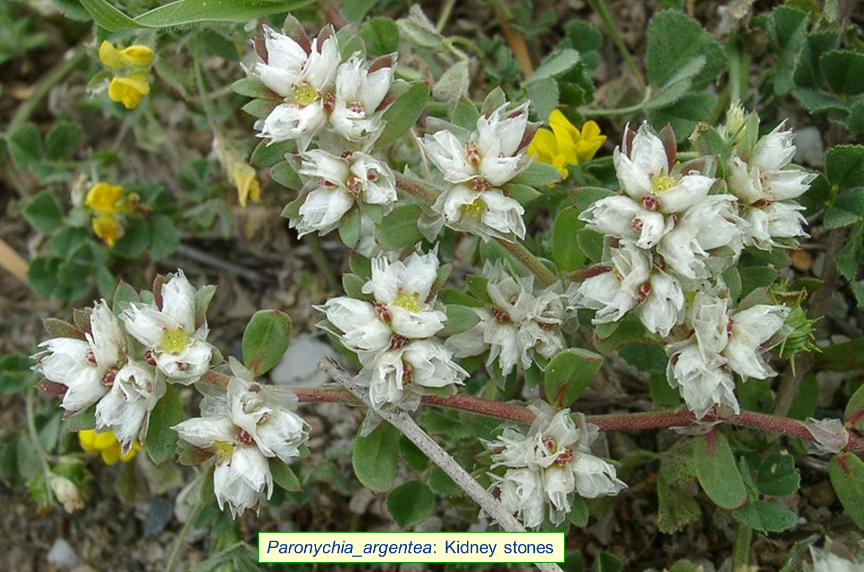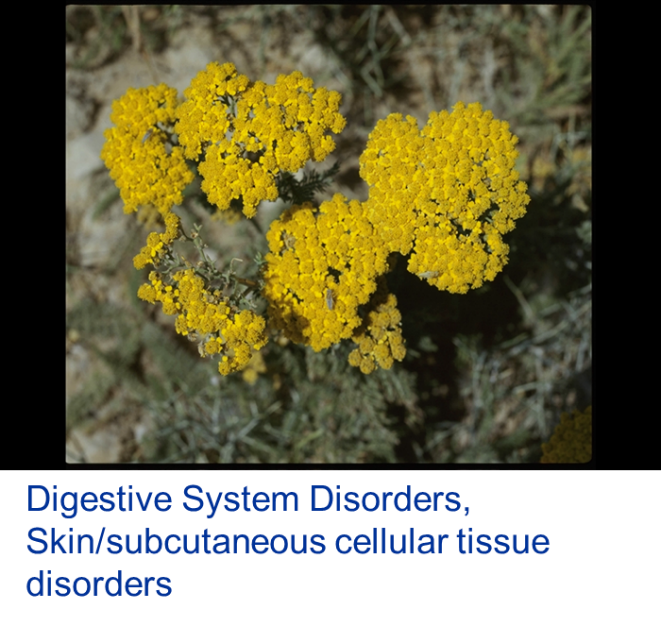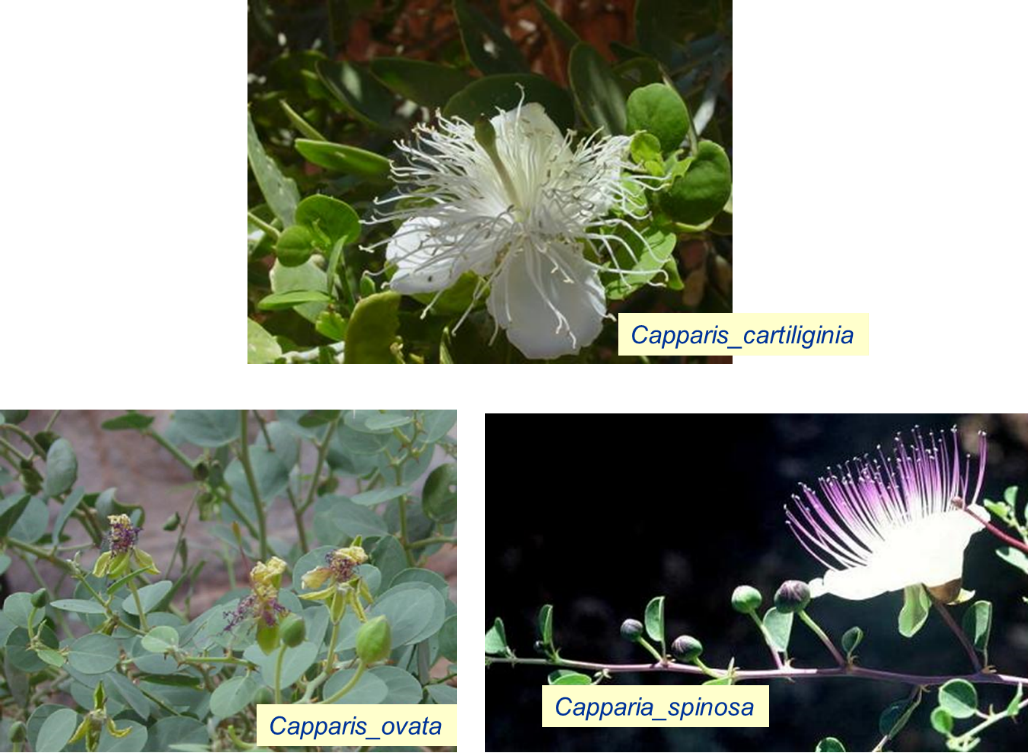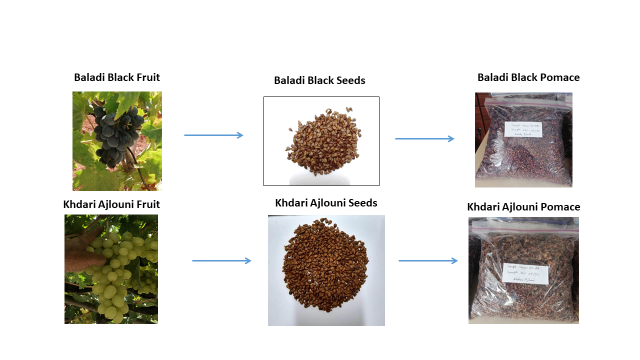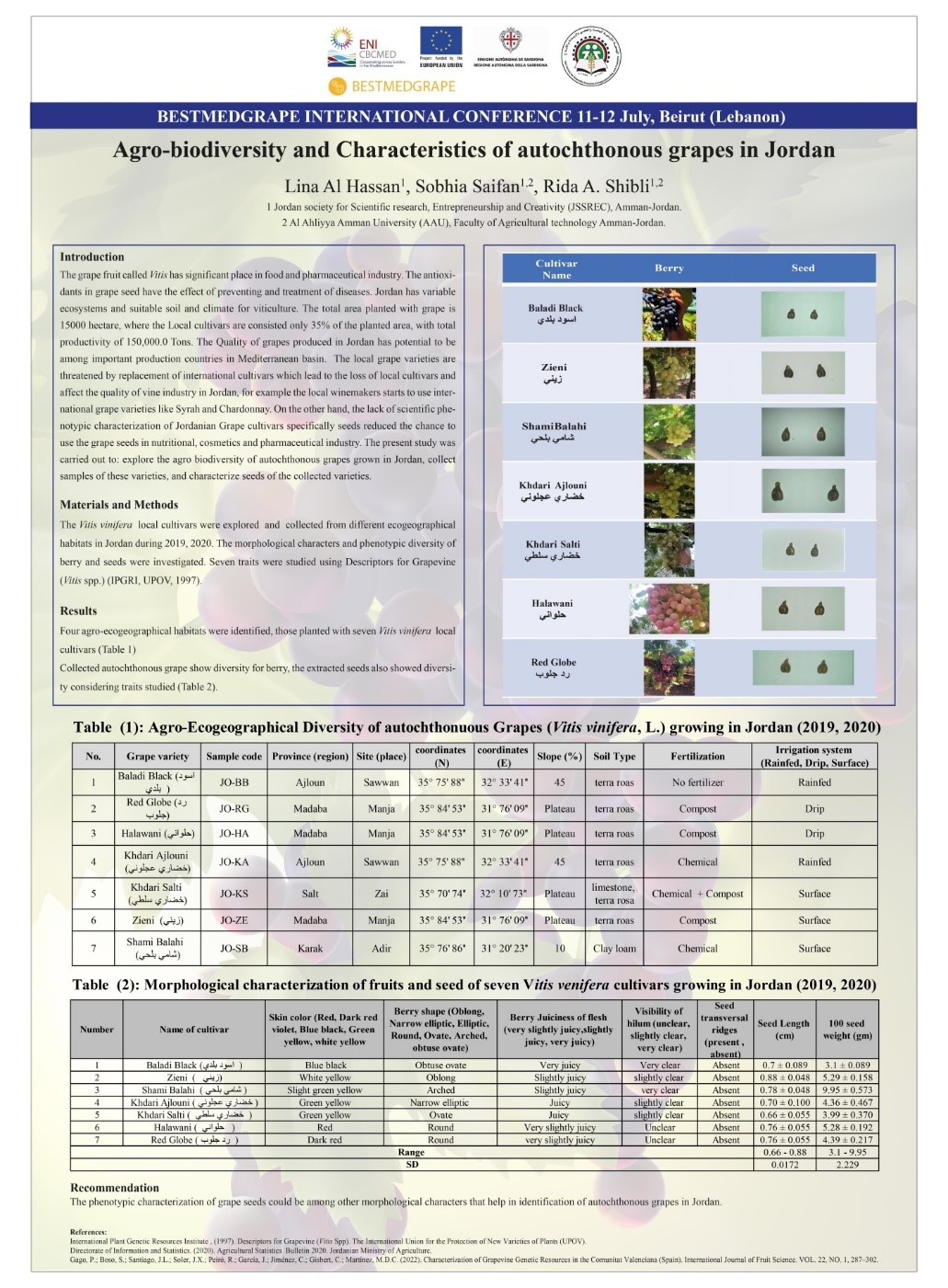Launched in 2022, this project aims to harness Jordan’s native plant biodiversity to drive innovation, conservation, and sustainable entrepreneurship. The initiative focuses on ecologically and culturally significant species such as Arum palaestinum, grape (Vitis spp.) landraces, Chiliadenus species, Gundelia tournefortii, Chenopodiastrum spp., Thymus capitatus, Nigella sativa, and Paronychia argentea—plants with deep roots in traditional knowledge and known medicinal, agricultural, and ecological value.
By integrating scientific research, biotechnology, and indigenous knowledge, the project supports biodiversity conservation and creates high-value products, strengthening rural livelihoods and contributing to national development goals. It also aligns with multiple UN Sustainable Development Goals (SDGs): 1, 2, 3, 8, 9, 12, 13, 15, and 17.
Beginning in 2024, in collaboration with the Jordan Society for Scientific Research, Entrepreneurship and Creativity (JSSREC), academic institutions, seed companies, and local cooperatives, the project achieved major milestones. In 2024, several of its key goals were successfully realized:
Documented traditional knowledge of six native species, capturing their ecological, medicinal, and cultural significance through fieldwork and local engagement.
Developed five prototype products from native plants, including botanical extracts, nutraceuticals, and antimicrobial formulations, offering commercial potential for biodiversity-based startups.
Applied molecular markers to assess genetic diversity, resulting in a national reference database to support conservation and plant breeding programs.
Launched three biodiversity-based startups or cooperatives, creating new economic opportunities rooted in sustainable use of plant resources.
Trained 30 community members, with at least 40% participation from women and youth, in sustainable harvesting, value-added processing, and entrepreneurship.
Collaborated with Jordanian seed companies to integrate native species into diversified cropping systems, enhancing climate resilience and promoting local varieties.
Conserved germplasm of six target species using tissue culture and cryopreservation, preserving their genetic integrity for future use and research.
Published four peer-reviewed scientific articles in 2024, highlighting breakthroughs in phytochemistry, conservation, and molecular research.
Launched a national digital knowledge platform to share biodiversity data, traditional knowledge, and research outcomes with researchers, communities, and policymakers.
In 2024, the project also received national recognition for its role in bridging research, conservation, and entrepreneurship. Two of the startups entered pilot-scale production of herbal health products, and the digital platform saw increased engagement from schools and universities. Collaborative research with regional partners also began, expanding the project's influence beyond Jordan.
By linking biodiversity with innovation, this initiative is transforming how Jordan values and utilizes its natural heritage. The collaboration with JSSREC and other partners ensures broad participation, institutional support, and sustainability. The project serves as a national and regional model for leveraging plant genetic resources for environmental, economic, and social impact—one rooted in local culture and guided by global sustainability goals.
